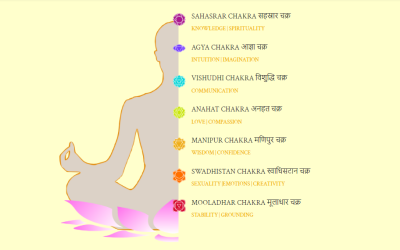Understanding Meditation Techniques:
Mindfulness Meditation: Mindfulness meditation involves paying intentional attention to the present moment without judgment. By observing thoughts, feelings, and sensations as they arise, individuals can cultivate self-awareness and break free from the cycle of brooding that often fosters stress.
Guided Meditation: Guided meditation uses recorded voice or video to guide individuals through a calming scene or scenario. This technique helps individuals to shift their focus from stress, allowing them to immerse themselves in a calm mental landscape.
Transcendental Meditation: This technique involves silently repeating a specific mantra to achieve a deep state of relaxation and comfortable awareness.Transcendental meditation has been shown to reduce physiological indicators of stress such as heart rate and blood pressure.
In the fast-paced modern life, stress can easily build up, affecting both physical and mental health. Meditation offers a holistic approach to stress management by guiding individuals to inner peace and self-awareness.
Benefits of meditation for stress management:
Meditation offers many benefits for stress management, both physical and psychological.
- Decreased Cortisol Levels:** Persistent stress triggers the secretion of cortisol, a hormone that can lead to various health problems.Meditation has been observed to lower cortisol levels, thereby helping to reduce the negative effects of stress on the body.
- Enhanced Emotional Regulation:** Regular meditation builds emotional resilience by creating a space between external triggers and one’s emotional response.This increased self-awareness allows individuals to manage their reactions more effectively.
- Better focus and concentration:** Stress often scatters our thoughts and hinders concentration.Meditation trains the brain to stay focused on the present moment, increasing cognitive control and reducing mental clutter.
- Relaxation Response:** Meditation triggers the relaxation response, a physiological state that counteracts the fight-or-flight response triggered by stress.This reduces muscle tension, slows the heart rate and leads to an overall sense of calmness.
Meditation techniques reduce stress hormone levels, provide better emotional control, helps improve cognitive functioning, and provides a state of relaxation that revitalizes both mind and body. By incorporating meditation into daily life, individuals can actively manage stress, promote resilience and well-being even in the face of life’s challenges.





